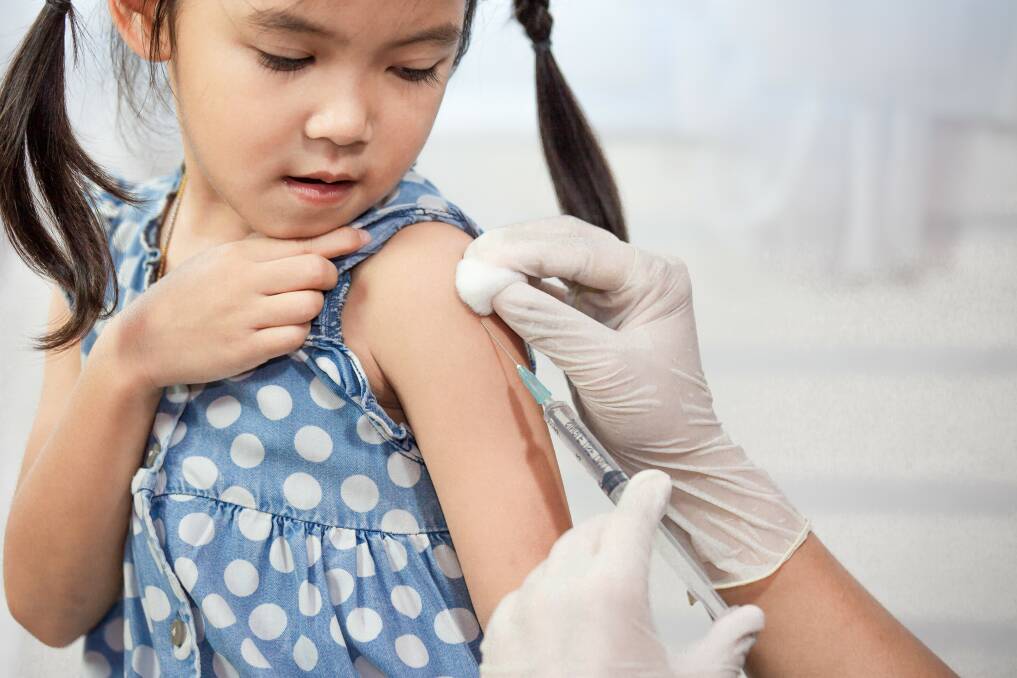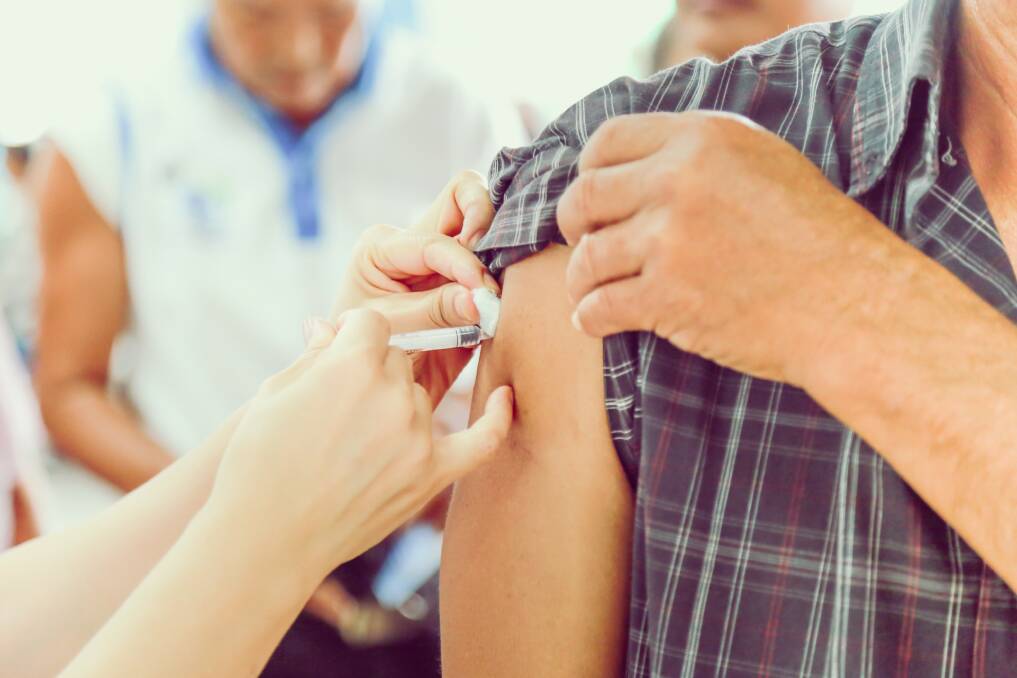Three diseases/viruses you need to vaccinate against this winter

Story sponsored by Terry White Chemmart Hamilton.
Influenza is the most common vaccine-preventable disease in Australia. Although it can be mild, it can also cause very serious illness in otherwise healthy people. It can require hospitalisation and can cause death.
Influenza is a common disease of the respiratory tract, which affects people of all ages. Minor or major epidemics of influenza A or influenza B occur in most years, usually during the winter months.
The impact of influenza is often substantially underestimated. Annual influenza vaccination is recommended for everyone 6 months of age and over, the type of vaccine used depends on the person's age.
People aged six months to 65 years should receive quadrivalent influenza vaccine (QIV). People over the age of 65 should receive one of the enhanced trivalent influenza vaccines (TIVs), but may receive QIV if the enhanced TIVs are unavailable.
April to June recommended time to have influenza vaccination though it is never too late to vaccinate. Influenza vaccination is particularly recommended for:
- Children aged 6 months to 5 years
- Adults aged over 65 years
- Aboriginal and Torres Strait Islander people
- People with medical conditions that increase their risk of influenza
- Pregnant women
- Carers and household contacts of people in high-risk groups
- Residents, staff and volunteers in aged care and long-term residential facilities
- People who provide essential community services
- And, people who are travelling during influenza season

People with the following medical conditions have a higher risk of influenza:
- Immuno-compromising conditions
- Receiving immuno-oncology therapy
- Received a haematopoietic stem cell or solid organ transplant cardiac disease
- Down syndrome
- Obesity
- Chronic respiratory conditions
- Chronic neurologic conditions
- Chronic liver disease
- Other chronic illnesses that need medical follow-up or hospitalisation
- Preterm infants ( 37 weeks gestation)
Common symptoms in adults include malaise, fever, chills, headache, loss of appetite, cough, nasal discharge and sneezing.
The clinical features of influenza in infants and children are similar to those in adults. However, children may have higher fevers and febrile convulsions as well as inner ear and stomach symptoms.
Complications of influenza include acute bronchitis. croup, acute otitis media, pneumonia, cardiovascular complications.
Secondary bacterial pneumonia is a common complication in people whose medical condition makes them vulnerable to influenza and these people are at high risk during large outbreaks or epidemics.
Post-vaccination symptoms may mimic influenza infection but none of the influenza vaccines available in Australia contain live influenza viruses, so they cannot cause influenza.
Injection site reactions can occur including redness, swelling and pain, adverse reactions. They may start a few hours after injection and may last for 1 or 2 days. If any concerns regarding vaccinations talk to your doctor or pharmacist
Influenza 2019 vaccinations are available from your GP surgery and also from your pharmacy from accredited pharmacists as well as Flu Clinics operated by Nurse Vaccinators.

Whopping Cough - Pertussis
While vaccinating against influenza is important, it is equally important to vaccinate against Pertussis, commonly known as 'whooping cough'.
It is a disease of the respiratory tract caused by the bacterium Bordetella pertussis. It is highly infectious in unvaccinated people. In Australia, whopping cough epidemics usually occur every 3-4 years.
Whopping Cough vaccine is recommended for routine vaccinations in infants, children and adolescents and routine booster vaccination in adults, including those in special risk groups or people in contact with a special risk group. This includes:
- Women who are pregnant or breastfeeding
- Healthcare workers
- Early childhood educators and carers
- People in close contact with infants
- And, people who have missed their vaccinations
Every year in Australia, an average of one death and more than 200 hospitalisations related to whopping cough occur in infants under 6 months of age. These infants are too young to be fully immunised.
Older children and adults who have not received whopping cough vaccination are at risk of infection and are often the source of infection in infants.

Measles
Another illness that needs to protected against is Measles, which is a highly infectious virus, spread easily through the air when an infectious person coughs, sneezes or breathes.
The measles virus can remain in the air for short periods of time, so simply being in the same room as a person with measles can result in infection if you are not immune.
Measles-containing vaccine is recommended for children over 12 months of age; adolescents; and adults born during or since 1966 who have not received two doses of measles-containing vaccine.
It is particularly important for adults who are:
- Healthcare workers
- Childhood educators and carers
- People who work in long-term care facilities
- People who work in correctional facilities
- And travelers
NSW Health has issued the sixth measles alert for the month of April for Sydney City, Macquarie Uni and Maitland after a University student was diagnosed with the illness likely acquired in Sydney.
Pertussis and Measles containing vaccinations can be done at GP surgeries and now at pharmacies from accredited pharmacists.
If further information is required regarding Influenza 2019, Whopping Cough, Measles or other vaccinations please discuss with your doctor or pharmacist.
Story sponsored by Terry White Chemmart Hamilton.


